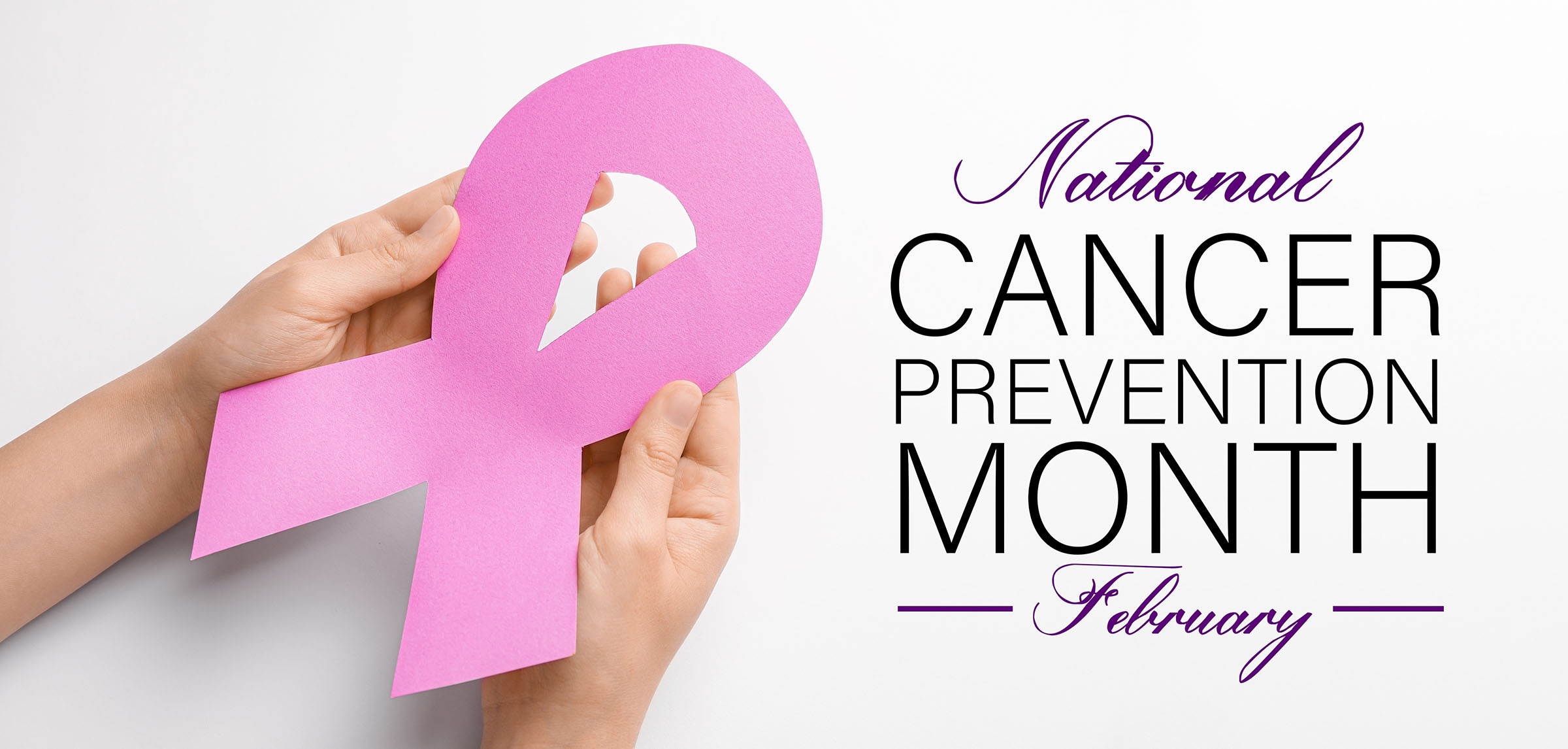February is National Cancer Prevention Month
Thursday, January 11, 2024
Cancer is a diagnosis no one wants, but it was a reality for nearly 2 million Americans in 2023, not including non-melanoma skin cancer. What’s more, more than 600,000 will die from the disease.
Research shows that more than four out of 10 cancers can be attributed to preventable causes, said Diana Romano, Oklahoma State University Extension associate specialist.
“Things that are within our control include smoking, excess body weight, physical inactivity and excessive exposure to the sun, among others,” Romano said. “Not using tobacco is one of the most effective ways to prevent cancer. When it comes to preventing skin cancer, it’s vital to protect your skin from ultraviolet radiation, including indoor tanning devices.”
To help prevent cervical cancer, consider the human papillomavirus, or HPV, vaccine. This vaccine has also been shown to help prevent head, neck and anal cancers, as well as many cases of liver cancer.
About 20% of the diagnosed cases of cancer are related to being overweight, poor diet, alcohol intake and not being physically active. Being overweight or obese can increase a person’s risk for 15 types of cancer. However, being physically active can help reduce the risk of nine types of cancer. Maintaining a healthy weight and eating a well-balanced diet are things within a person’s control that can help lower the risk of developing cancer.
Romano said a diet rich in vegetables, fruits, whole grains and beans is a healthy way to help prevent some cancers. These foods are high in fiber and people should consume at least 30 grams of fiber each day.
“While fast foods can be convenient, they are typically high in saturated fat. Combo meals come with a carbonated beverage, which adds more sugar to your diet,” she said. “If you can’t give up sugar, try to limit sugary drinks and sweet treats just for special occasions.”
Not only should you limit sugars, but also alcohol. Red meat, including beef, lamb and pork, should be limited to three servings per week, for a total of 12 ounces. Avoid or consume very little processed meats such as hotdogs, bacon and salami.
Physical activity is important to overall health, and Romano said pre-school-age children need at least three hours of physical activity each day to enhance growth and development. School-age children and adolescents should try to get in 60 minutes or more each day, as well as take part in bone-strengthening exercises at least twice per week.
“Adults should strive for 150 minutes or more of physical activity each week, along with bone-strengthening exercises twice a week,” she said. “This can be broken up into small segments of time to fit into people’s busy schedules.”
Oklahomans are familiar with the intensity of the sun, so it’s important to protect your skin from ultraviolet exposure. This can be done by limiting sun exposure, especially between 10 a.m. and 4 p.m.; wearing clothing that covers arms and legs; wearing a wide-brimmed hat; wearing sunglasses; and applying a 15 SPF or higher sunscreen every day, even in the winter.
“Talk to your doctor about the various ways you can help prevent a cancer diagnosis through available vaccines, healthy eating, physical activity and UV exposure,” Romano said. “There are many things in our lives that are beyond our control, but there are steps that can be taken to help cut the risk of developing cancer.”

